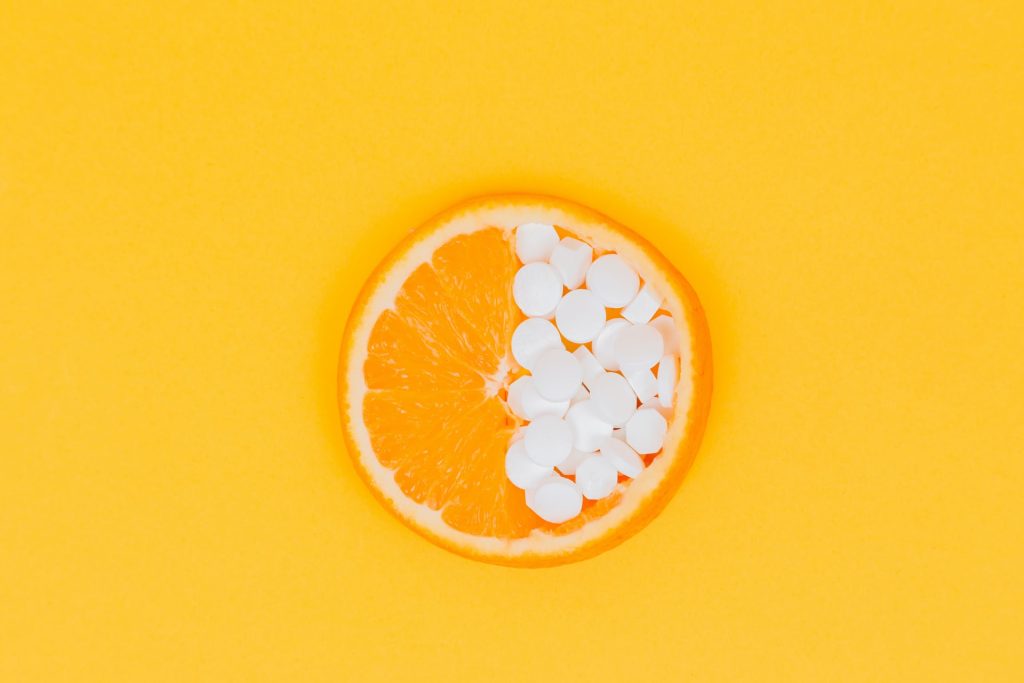
Researchers suggest that nutritional supplements such as Vitamin C do play a role in reinforcing the immune system against SARS-CoV-2.
An article in Advances in Experimental Medicine and Biology lays out the scientific rationale and possible benefits — as well as possible drawbacks — of several dietary supplements currently in clinical trials related to COVID-19 treatment. The article was written by Johns Hopkins Medicine gastroenterologist Gerard Mullin, MD, and colleagues.
Dr Mullin, associate professor of medicine at the Johns Hopkins University School of Medicine, and his colleagues shine a light on melatonin, vitamin C, vitamin D, zinc and several plant-based compounds, such as green tea and curcumin. For instance, the authors explained that vitamin C (ascorbic acid), “contributes to immune defense by supporting cell functions of both the innate and adaptive immune systems.”
The authors discuss in the journal article the mechanism of action of each of the supplements works, how each could benefit a patient with COVID.
Zinc is well tolerated, and well known for its antioxidant, anti-inflammatory, immunomodulatory, and antiviral activities, the latter possibly mediated by its ability to inhibit RNA virus replication, thereby protecting cells from viral infection, oxidative damage, and dysfunction. It has been shown “to inhibit coronavirus RNA replication.” They also noted that, when administered at symptom onset, zinc “can reduce the duration of symptoms from illness attributed to more innocuous coronavirus infections, such as the common cold.”
Finally, Dr Mullin and colleagues gave short summaries of the clinical trials underway to test each supplement’s effectiveness in fighting COVID.
Regarding Vitamin D, which has received a lot of attention with regard to COVID outcomes, Dr Mullin said that, “to date, there are abundant data associating low vitamin D status to higher vulnerability to COVID-19 and poor clinical outcomes.”
The authors however struck a note of caution in that “any benefit of dietary supplements against COVID-19 depends on results of randomised controlled trials” and peer-reviewed literature.
Source: John Hopkins Medicine

